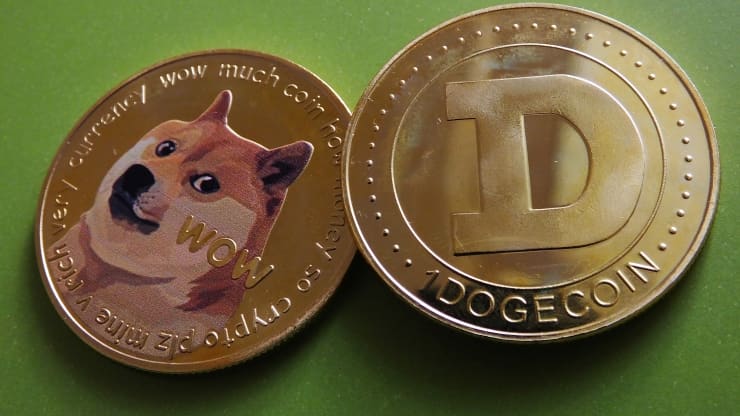Samsung Electronics, the conglomerate business that accounts for around 20% of South Korea’s entire economy, is making a move into the mining hardware industry.
The tech giant has set up its ASIC chip manufacturing unit over the past year and produced an initial batch of mining hardware to supply to an unnamed Chinese equipment provider, with plans to expand its venture to other regions like South Korea and Japan.
Bitcoiners on social media have lots of questions about the company’s plans to get a foothold in the mining industry, the process of winning digital coins by crunching complex equations.
ASIC (short for ‘application-specific integrated circuit’) is a microchip designed for special applications.
Local media outlets reported that that the tech titan is ready to start mass production during this week. Samsung also intends to manufacture GPU miners for miners targeting small cryptocurrencies.
Hwang Min-seong, an analyst at Samsung Securities, told the Korean portal The Bell:
“Samsung Electronics could increase its revenues through ASIC chip manufacturing but because the foundry only accounts for a small portion of the company’s semi-conductor manufacturing plant, it is difficult to predict that the firm’s mining venture will have a significant impact on the company’s revenues.”
TSMC has generated $350 million to $400 million of revenue from crypto-mining in the Q3 2017. That’s about 4 to 5 percent of the period’s revenue.
With the introduction of Samsung miners, Bitmain and its partner company TSMC’s tight grip on the mining market may be shaken up. The technology firm, which operates a large-scale and sophisticated semi-conductor manufacturing plant, should offer an alternative for Bitmain’s mining hardware, which has dominated the market for the past few years.
The ASIC mining hardware manufacturing industry has so far largely been dominated by the Chinese manufacturer, which has sold equipment equivalent to nearly 70 percent or more of the hash power on the network. What’s more, half of all hash power produced by Bitmain’s machines is pointed to mining pools that are either owned by or closely affiliated with the company.
Samsung stands to benefit big-time from a boom in cryptocurrency mining driven by Bitcoin’s leap last year. That’s a timely boost, as expectations for smartphones shipments dwindle as global demand tapers off.
Although some investors are bullish that demand on cryptocurrency-related chipset could offset soft smartphone sales in 2018, there’s no guarantee crypto-mania will persist as regulators around the globe have been clamping down on virtual currency to curb financial risk. Miners themselves face disruption, forced to shift their operations as scrutiny over immense power usage tightens.
Additionally, the coin’s inherent scarcity, since its supply is capped at 21 million, also imposes an upper limit on chip demand in the long term. Once the majority of that amount is mined, chip demand will disappear. As such, Samsung’s investors may treat cryptocurrency like a potential bonus that could be magnified in the near term.











